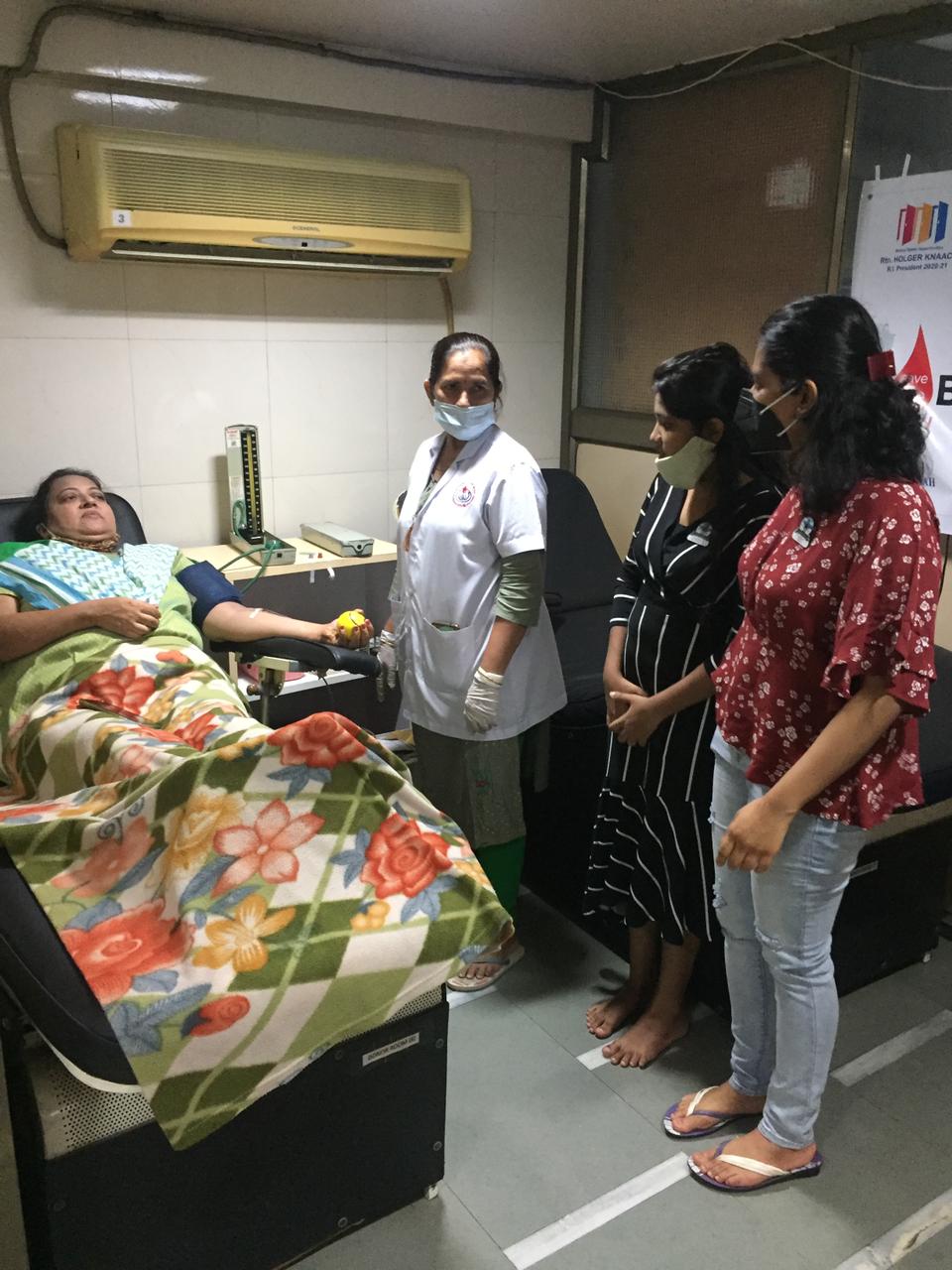In a commendable feat, Dr. Samrat Shah and his team at Apollo Spectra Hospital in Pune have given a new lease of life to a 37-year-old man suffering from a rare form of tuberculosis known as intestinal tuberculosis. Anil Gupte (name changed for privacy), the patient, approached the hospital with severe fever persisting for over ten days. Despite undergoing medication, his condition showed no signs of improvement.
Worried about the continuous high-grade fever, the local doctors advised him to undergo tests for malaria, typhoid, and dengue. However, the results for all the tests turned out to be negative. The team then performed tests for autoimmune diseases and abdominal sonography, which also came back normal. Not stopping at this, the doctors decided to conduct a colonoscopy and an endoscopy, which revealed ulcers in both the large and small bowels. The presence of ulcers in both parts of the bowel is generally a sign of Crohn’s disease, a type of inflammatory bowel disease.
Subsequently, a biopsy was conducted which did not show signs of Crohn’s disease. As a final resort, the patient was tested for tuberculosis which turned out to be positive. This confirmed that the ulcers were due to intestinal tuberculosis.
Dr. Samrat Shah, an internal medicine expert at Apollo Spectra, played a pivotal role in diagnosing and devising a treatment plan for the patient. He said, “The patient had a fever of 103 degrees. Even after medication, the fever did not subside. A colonoscopy and biopsy revealed the presence of an ulcer in the patient’s intestines termed intestinal tuberculosis. Immediate treatment is imperative in such cases.”
Dr. Shah further explained that tuberculosis can affect any part of the large intestine but rarely affects the small intestine. However, in this rare case, 75% of the ulcers were in the small intestine. “There are three types of intestinal tuberculosis: ulcerative, hypertrophic, and ulcerative hypertrophy. Ulcerative intestinal tuberculosis is usually secondary to pulmonary tuberculosis. Symptoms include abdominal pain, diarrhea, loss of appetite, fever, weakness, weight loss, and abdominal cramps. This disease can be fatal if not diagnosed and treated in time,” he added.
With timely diagnosis and appropriate treatment, the patient’s health has now improved significantly. The fever has subsided, and he is on the road to recovery.
This successful treatment highlights the importance of proper diagnosis and the value of medical expertise in dealing with rare diseases. It’s a reminder that persistent symptoms should never be ignored and consulting a healthcare professional is imperative for well-being.





